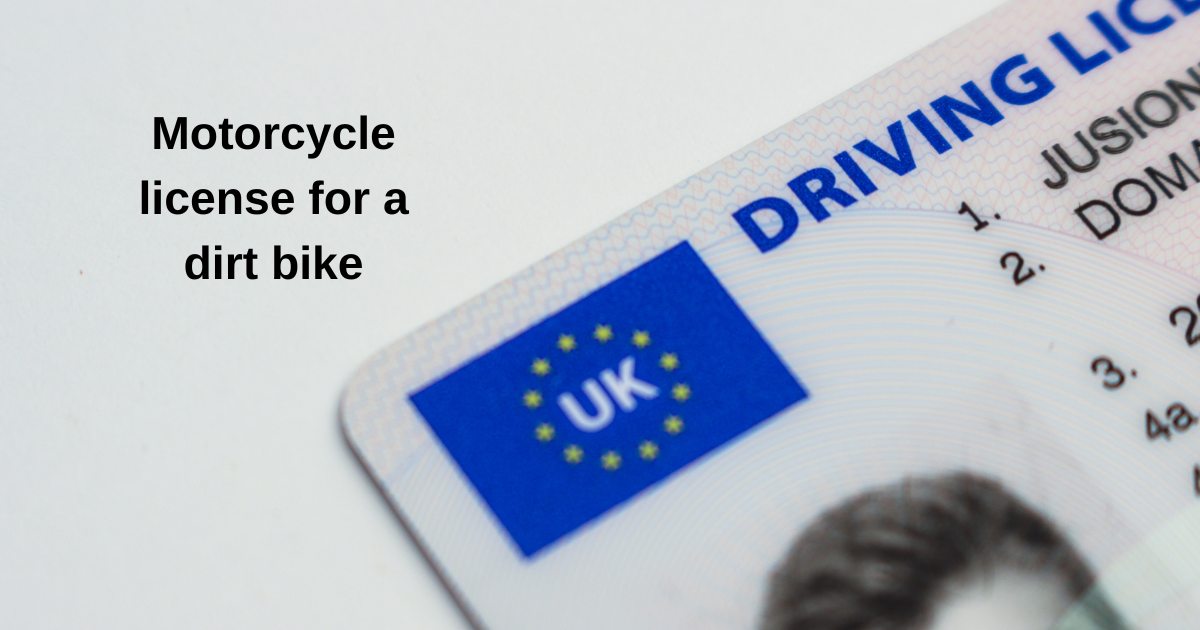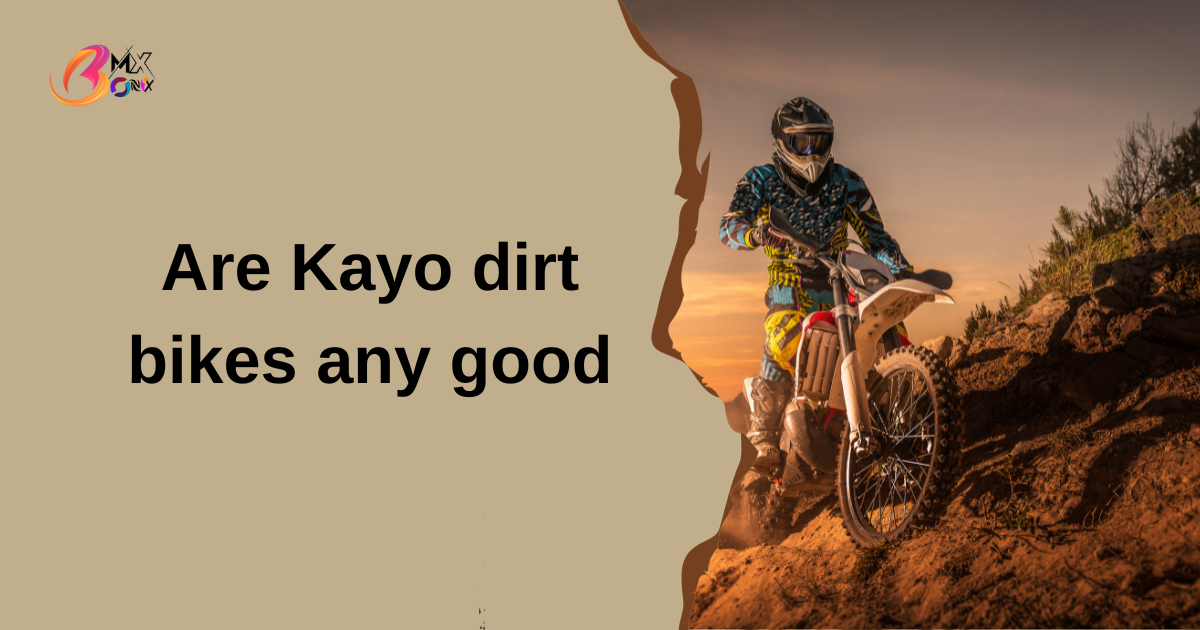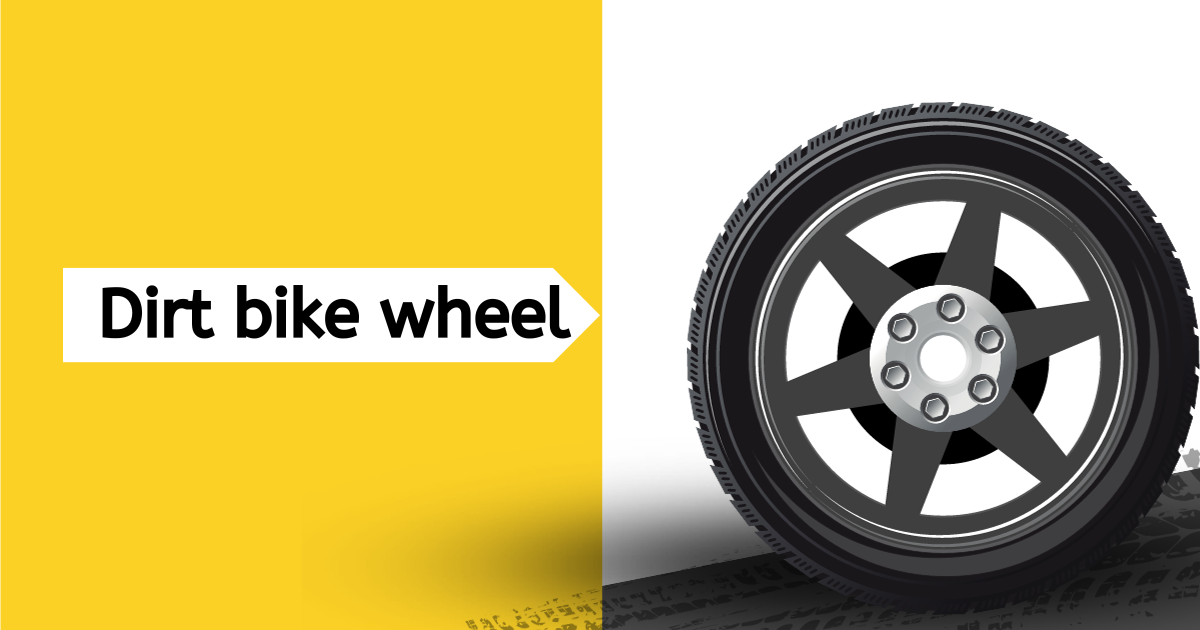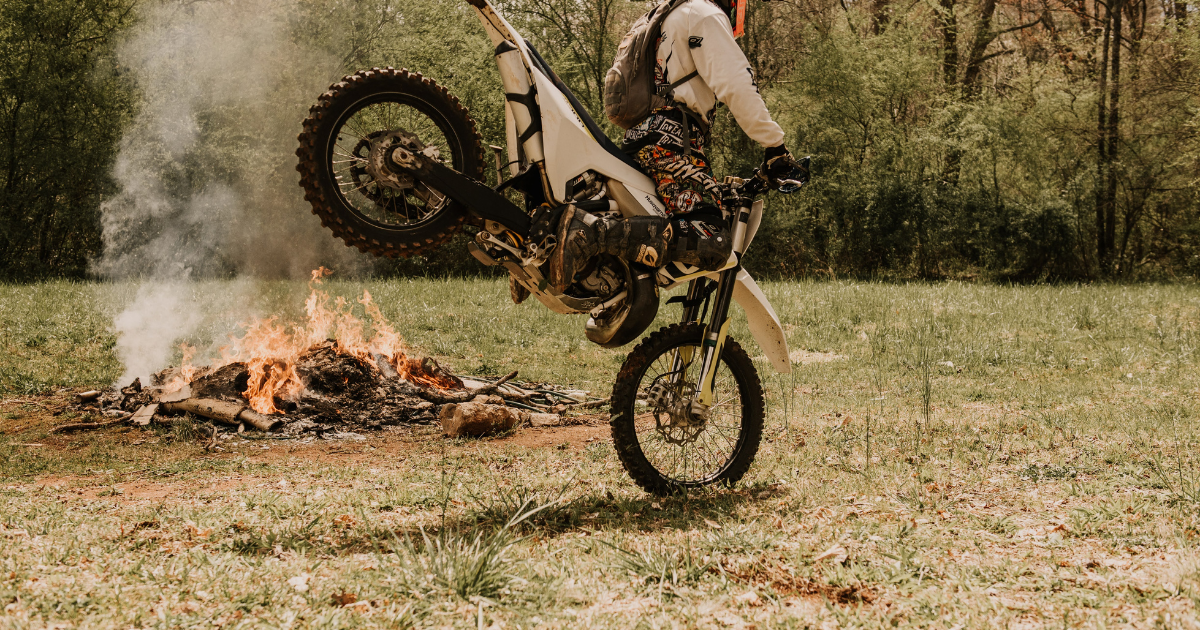Many people enjoy the thrill of riding a dirt bike, but they may be unsure about the legal requirements for doing so. One of the most common questions is whether or not a license is needed to drive a dirt bike. The answer to this question is not straightforward, as it varies depending on the location and intended use of the bike.
Before delving into the licensing requirements for dirt bikes, it’s crucial to grasp the fundamentals of what a dirt bike actually is. Dirt bikes are specifically designed lightweight motorcycles intended for off-road usage. They boast features like knobby tires, extended suspension travel, and a raised center of gravity to aid riders in maneuvering through rugged terrains. While they are often utilized for recreational purposes, they also find extensive application in racing and other competitive events.
Licensing requirements for dirt bikes differ across states and even cities. Generally, operating a dirt bike on private property does not require a license. However, if you intend to ride on public land or roads, you will likely need a license, registration, and insurance. Age restrictions may also apply in certain states, with younger riders needing to complete a safety course before legally riding a dirt bike.
Short summary
- Operating a dirt bike on private property typically does not require a license in most states. However, if you plan to ride on public land or roads, you may need to obtain a license, registration, and insurance.
- Age restrictions and safety courses may also be required for dirt bike riders in some states.
- Licensing requirements for dirt bikes vary depending on the location and intended use of the bike.
Understanding Dirt Bikes
Types of Dirt Bikes
Dirt bikes are specifically built for off-road use and offer various types, each with its own distinct features and capabilities. Let’s take a look at some of the most commonly seen types of dirt bikes:
- Motocross bikes are specifically designed for racing on closed tracks that feature jumps and obstacles. These bikes are lightweight, allowing for greater agility during races. With high-performance engines and long-travel suspension, they offer the power and flexibility needed to navigate through challenging terrains. Additionally, their minimal bodywork helps to enhance maneuverability on the track.
- Enduro bikes are designed to be versatile, suitable for both on-road and off-road adventures. They offer a great balance of power and agility, with added features like headlights, taillights, and turn signals for road use.
- Trail bikes are specifically designed for beginners and are perfect for recreational use on trails and dirt roads. These bikes offer a smooth power delivery, comfortable suspension, and user-friendly controls.
- Dual-sport bikes are designed for both on and off-road use. They are street-legal, with features like mirrors, headlights, and indicators for road use. Additionally, they have off-road capabilities such as long-travel suspension and knobby tires.
Dirt Bike Usage
Dirt bikes are mainly used for off-road riding, though the specific rules and regulations can vary depending on the state and location. In many states, riding a dirt bike on private property is allowed without a license, but there may be certain restrictions based on the rider’s age and requirements for parental supervision.
However, some states require riders to have a license or permit to operate a dirt bike on public land or trails. Additionally, some states have age restrictions on riders, and others require a rider training certificate before operating a dirt bike on public land.
It is essential to research and understand the local laws and regulations before operating a dirt bike to avoid legal issues. It is also important to wear appropriate safety gear like helmets, goggles, boots, and gloves when riding a dirt bike to prevent injuries.
Licensing Requirements
General Requirements
Operating a dirt bike on private property typically does not require a license in most states. However, there might be age restrictions and parental supervision may be necessary for minors. Riders under 18 may need to acquire a dirt bike permit before applying for a license in the future. The minimum age requirement for the permit varies by state.
If you’re planning to ride a dirt bike on public roads or in public areas, it might be necessary to have a driver’s license or motorcycle endorsement. Some states may also require registration and insurance for dirt bikes, even if they are only used off-road. To determine the exact licensing requirements in your state, it’s important to consult the local Department of Motor Vehicles (DMV) or other relevant authorities.
State-Specific Requirements
Rules and regulations for operating dirt bikes vary by state. For example, in California, there is no requirement for a license or registration if the dirt bike is used exclusively off-road. However, in Maryland, all dirt bikes must be registered, titled, and insured, regardless of whether they are used on or off-road.
In certain states, like Florida, the use of dirt bikes on public roads or highways is completely prohibited. However, in other states such as Colorado, dirt bike riding is permitted on specific public roads with certain rules and regulations that riders must adhere to.
It is important to research the specific requirements in your state before operating a dirt bike. Failure to comply with licensing requirements can result in fines, penalties, and even legal consequences.
The Impact of Not Having a License
Operating a dirt bike without the proper license can carry serious consequences. In this section, we will explore both the legal and safety risks associated with riding a dirt bike without the appropriate license.
Legal Consequences
Operating a dirt bike without a license is generally against the law in most states. Those caught riding without a license can face penalties such as fines, bike impoundment, and potentially even jail time. The specific severity of these consequences varies by state, but it’s always advisable to follow the law and avoid any legal trouble.
Moreover, if an unlicensed rider gets into an accident, they will likely be held liable for any damages or injuries caused. This can result in significant financial and legal consequences.
Safety Risks
Riding a dirt bike without the necessary license can also pose significant dangers. Operating a dirt bike demands both skill and experience, and those who lack proper training may endanger not only themselves but also others around them.
Unlicensed riders are often unfamiliar with the rules of the road and may not know how to react in dangerous situations. They may also lack the necessary safety gear, such as helmets and protective clothing, increasing the risk of injury in the event of an accident.
In addition, unlicensed riders may not be covered by insurance, leaving them financially vulnerable in the event of an accident.
It’s evident that riding a dirt bike without a license can result in significant legal and safety repercussions. It is strongly advisable to obtain a license and receive adequate training before operating a dirt bike.
How to Get a Dirt Bike License
If you want to ride your dirt bike legally on public roads or trails, it’s essential to obtain a dirt bike license. Here are the steps you need to follow in order to get your dirt bike license.
Eligibility Criteria
Before applying for a dirt bike license, you need to meet certain eligibility criteria. In most states, you must be at least 16 years old to apply for a dirt bike license. However, the age requirement may vary from state to state. Additionally, you must have a valid driver’s license or learner’s permit.
Application Process
If you want to obtain a dirt bike license, simply head down to your local Department of Motor Vehicles (DMV). Fill out an application form and present documentation that proves your identity and residency. Don’t forget to bring along the required fee for obtaining your dirt bike license.
Training and Tests
If you’re interested in obtaining a dirt bike license, there are a few steps you’ll need to take. First, completing a training course is likely required. This course will provide instruction on safely operating a dirt bike and cover topics such as bike control, navigating obstacles, and riding on various terrains. In addition to the training course, you’ll also need to pass both a written exam and a practical exam. The written exam will assess your knowledge of road rules and laws specifically relevant to dirt bike riders. As for the practical exam, it will evaluate your ability to safely ride a dirt bike.
In conclusion, if you want to ride your dirt bike legally on public roads or trails, it is essential to obtain a dirt bike license. By following the steps provided earlier, you can successfully obtain your license and experience the freedom and excitement of riding your dirt bike within the boundaries of the law.
Conclusion:
To determine whether a license is needed for riding a dirt bike, it’s essential to consider the location and intended use of the vehicle. In general, most states do not require a license for riding a dirt bike on private property. However, keep in mind that there may still be age restrictions and requirements for parental supervision in place.
However, it’s important to note that riding a dirt bike on public roads usually necessitates having a valid driver’s license or obtaining an off-road vehicle permit. It’s crucial to adhere to the specific laws and regulations of the state or country where you’ll be using the dirt bike.
In some cases, dual-purpose or dirt bikes may need certain features like a license plate before they can be used on public roads. It is advisable to consult local authorities and acquire any required permits or licenses before operating a dirt bike in public areas.
To ensure a safer and more enjoyable riding experience, it is crucial for riders to prioritize safety by adhering to the rules and regulations. This not only prevents accidents but also helps avoid any potential legal complications.
FAQs: Drive a Dirt Bike
What is the minimum age requirement to legally ride a dirt bike?
Different states have varying minimum age requirements for legally riding a dirt bike. For example, in California, riders must be at least 16 years old to operate a dirt bike. On the other hand, Michigan does not have a minimum age requirement, but riders under the age of 12 must be accompanied by an adult.
Do you need a license to ride a dirt bike on public roads?
Riding a dirt bike on public roads usually requires a license in most states. However, the specific requirements can differ from state to state. Some states might require a motorcycle license, while others may ask for an off-road vehicle permit. It’s crucial to check the regulations and prerequisites in your particular state before venturing out on public roads with your dirt bike.
What are the requirements for getting a dirt bike license?
The requirements for obtaining a dirt bike license differ from state to state. Generally, riders are required to pass both a written test and a skills test. Some states may also mandate the completion of a safety course. Before applying for a dirt bike license, it is crucial to check the specific requirements in your state.
Do dirt bikes need to be registered in the state of California?
Yes, dirt bikes must be registered in the state of California. The registration fee is based on the bike’s engine size. In addition, riders must display a license plate and have liability insurance.
What are the laws regarding dirt bike riding on public roads in Michigan?
In Michigan, the use of dirt bikes on public roads is restricted unless they are being utilized for agricultural purposes. Additionally, riders who are under 12 years old must be accompanied by an adult while operating a dirt bike.
Can a 14-year-old legally ride a dirt bike?
RephraseThe minimum age requirement for riding a dirt bike varies by state. For example, in California, riders must be at least 16 years old to operate a dirt bike. In Michigan, on the other hand, there is no specific minimum age requirement, but riders under the age of 12 must be accompanied by an adult. It’s crucial to check the requirements in your specific state before allowing a 14-year-old to ride a dirt bike.





